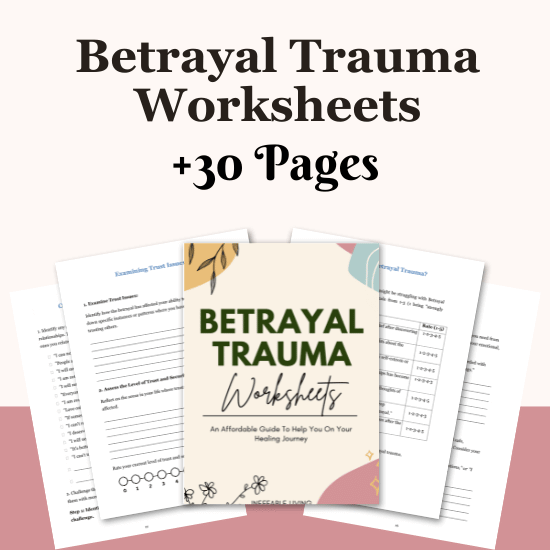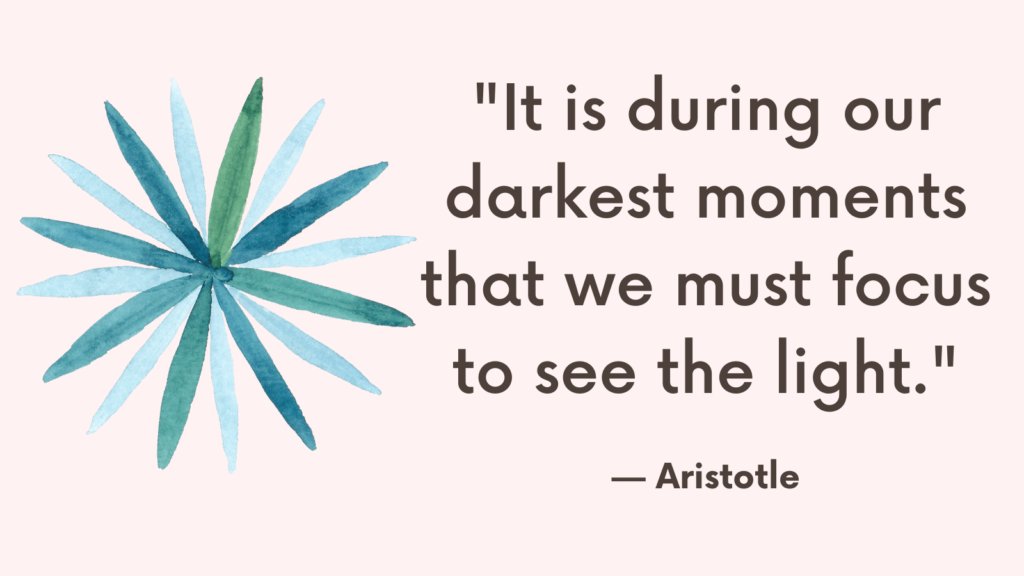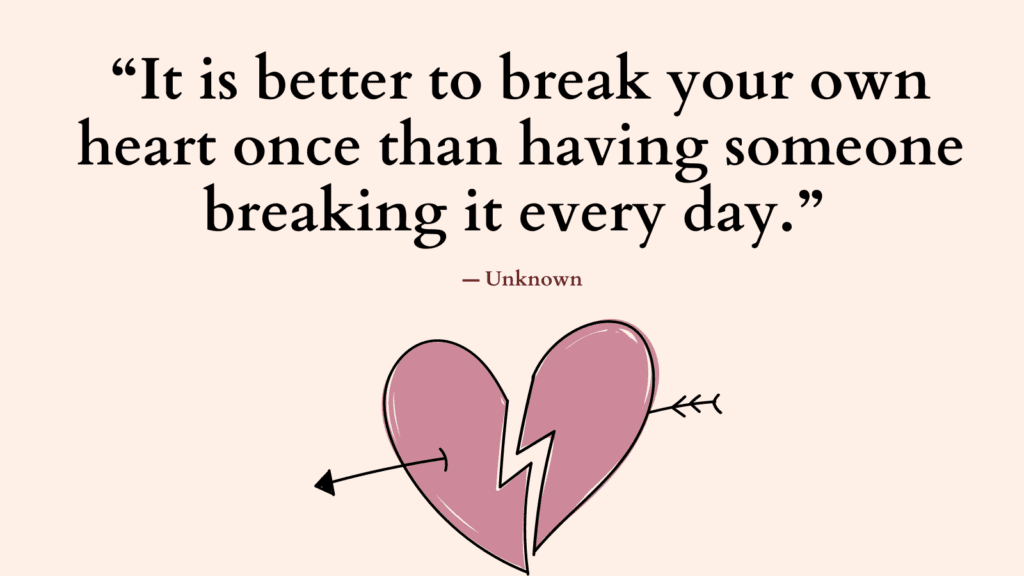In this post, you’re going to learn how to heal from infidelity trauma
What Is Infidelity Trauma?
Infidelity trauma refers to the profound psychological and emotional impact experienced by individuals upon discovering that their partner has been unfaithful.
This form of trauma can be deeply destabilizing, as it shatters foundational beliefs about one’s partner, the relationship, and often one’s self-worth.
The betrayal felt when a partner has engaged in infidelity can trigger a cascade of traumatic responses similar to those experienced in other forms of trauma, such as post-traumatic stress disorder (PTSD).
Characteristics of Infidelity Trauma
1. Shock and Disbelief: Initial reactions often include shock, disbelief, and denial. The reality of the betrayal is hard to accept, and the betrayed partner may struggle to reconcile this new information with their previous perceptions of the relationship.
2. Intense Emotional Distress: The emotional fallout can be overwhelming, encompassing feelings of anger, sadness, humiliation, fear, and confusion. These emotions can be intense and unpredictable, mirroring the emotional rollercoaster often associated with traumatic experiences.
3. Intrusive Thoughts and Images: Just as with other forms of trauma, individuals may experience persistent, intrusive thoughts and mental images related to the infidelity. This can include replaying discovered details of the affair or imagining interactions between the unfaithful partner and the third party.
4. Hyperarousal and Hypervigilance: The betrayed partner may be in a constant state of alertness or hyperarousal, always on the lookout for further signs of betrayal. This state can lead to anxiety, sleep disturbances, and difficulty concentrating.
5. Erosion of Trust: Trust in the unfaithful partner is significantly damaged or completely destroyed. This lack of trust can extend to others, affecting the individual’s ability to form or maintain relationships outside of the primary partnership.
6. Impact on Self-Image and Self-Esteem: Individuals may question their worth, desirability, and adequacy as a partner. They might internalize the betrayal as a reflection of their own shortcomings, leading to a significant blow to their self-esteem and self-image.
7. Physical Symptoms: The stress and emotional turmoil can manifest physically, leading to symptoms such as nausea, weight changes, fatigue, and other stress-related health issues.
Related: 7 Stages Of Betrayal Trauma (+7 Tips On How To Find Peace After Betrayal)
How to Heal From Infidelity Trauma?
The betrayal of infidelity can cause profound emotional pain, akin to trauma, affecting one’s sense of self, trust in others, and view of relationships.
While there’s no one-size-fits-all guide to healing, there are several steps you can take to navigate this difficult time and work toward recovery.
1. Allow Yourself to Grieve
Recognize that it’s natural to experience a range of intense emotions, including sadness, anger, confusion, and betrayal.
Allowing yourself to feel these emotions is a crucial part of the healing process.
2. Educate Yourself
Learn about the impact of infidelity and trauma on individuals and relationships.
Understanding the common reactions and healing processes can provide comfort and a sense of normalcy to your experiences.
Related: Top 12 Tips on Healing From Betrayal Trauma
3. Practice Self-Care
Prioritize your physical and emotional well-being.
Engage in activities that nurture your body and mind, such as exercise, meditation, hobbies, or simply taking time for yourself.
Self-care is vital for maintaining your health and resilience during this stressful time.
4. Set Boundaries
Determine what you need from your partner and the relationship moving forward.
This may include a period of separation, transparency about future interactions, or specific steps your partner must take to rebuild trust.
5. Focus on Rebuilding Trust
If you decide to stay in the relationship, understand that rebuilding trust is a gradual process that requires consistent effort, transparency, and communication from both partners.
Establishing new ground rules and expectations can help guide this process.
6. Forgive at Your Own Pace
Forgiveness is a personal decision and process.
It doesn’t mean condoning the betrayal but rather letting go of its hold on you for your own peace.
Remember, forgiveness is for you and can be a crucial step in the healing journey, whether you choose to stay in the relationship or not.
Related: Betrayal Blindness – What Is It & How To Overcome It?
7. Rediscover Yourself
Infidelity can shake your sense of identity.
Take time to rediscover who you are outside of the relationship.
Reconnect with your interests, goals, and values to strengthen your sense of self.
8. Create a New Narrative
Begin to envision and work towards a future that brings you joy and fulfillment, regardless of your relationship status.
This might involve setting new personal or career goals, exploring new interests, or making lifestyle changes that reflect your individual needs and desires.
9. Consider Future Relationships
Whether you choose to remain in the relationship or move on, take the lessons learned from this experience to inform your understanding of what you want and need from future relationships.
Trust can be rebuilt, and with time and effort, it’s possible to form healthy, fulfilling relationships again.
Related: 17 Trauma Journal Prompts To Support Your Healing

Conclusion
Healing from infidelity trauma is a process that requires time, patience, and self-compassion.
It’s about moving through pain and betrayal towards a place of understanding, growth, and, ultimately, peace.
Whether the path forward includes your partner or leads you on a new journey independently, healing is possible, and a future filled with hope and happiness is within reach.



